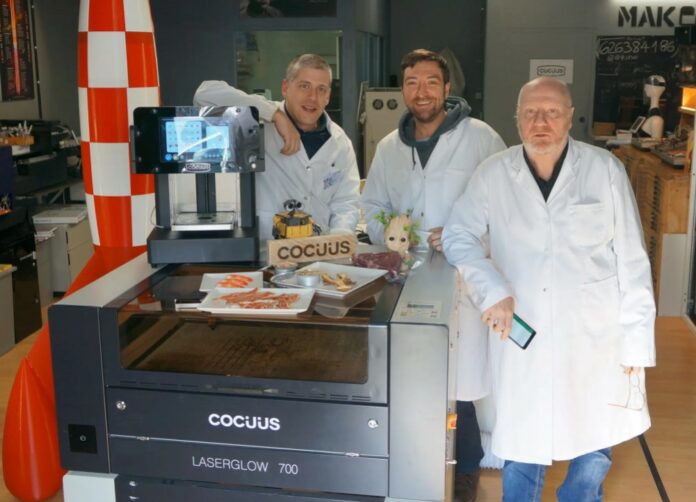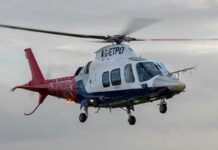Did you know that one of the most advanced applications (and currently commercially available) of 3D bioprinting is in the food industry? New alternatives to meat and fish are popping up every day on the market. While most companies operating in this area are still investing in R&D projects, the growing number of companies that already operate as standalone organizations is a sign that there is a real demand on this market.
The latest company to join the ones you may have already heard about in our 3D food printing segment is Cocuus, a Spanish startup founded in 2017 that has recently secured €2.5 Million in a Pre-Series A funding round to scale up its proprietary 3D printing technology platform for plant-based and cell-cultured meat analogs.
The company has developed a toolbox of different 3D printing technologies under its Mimethica platform to enable the printing of different types of foods. Among the company’s printing processes, one finds:
- Softmimic, a technology targeted at hospitals and eldercare facilities that transforms purees into dishes that look like real food (think of a vegetable or meat puree shaped into a “steak”);
- LEVELUP, an inkjet printing technology that prints images on drinks like coffee or beer (like Ripples),
- and LASERGLOW, a laser printer platform that engraves imagery onto food.
With the founding round led by Big Idea Ventures, the global alternative protein fund, the U.S. multinational Cargill Ventures, the Spanish accelerator Eatable Adventures and Tech Transfer UPV, Cocuus will expand into other international markets and further develop its 3D bioprinting and robotics technologies to create more sustainable and nutritious food products.
Patxi Larumbe, CEO and founder of Cocuus states “We are very proud to have attracted the interest of international investors with this round of financing. Thanks to this capital injection we will be able to bring our technology within reach of corporations that want to print proteins on an industrial scale.”
According to FAO data, in 2050, in order to feed a population of 9.1 billion, food production will have to increase by 70% and meat production by more than 200 million tons. To paraphrase José Luis Cabañero, CEO and founder of Eatable Adventures notes, this should be the wake-up call for the food industry to rethink production methods to achieve a much more sustainable and efficient food system.
Remember, you can post job opportunities in the AM Industry on 3D ADEPT Media free of charge or look for a job via our job board. Make sure to follow us on our social networks and subscribe to our weekly newsletter : Facebook, Twitter, LinkedIn & Instagram ! If you want to be featured in the next issue of our digital magazine or if you hear a story that needs to be heard, make sure to send it to contact@3dadept.com






